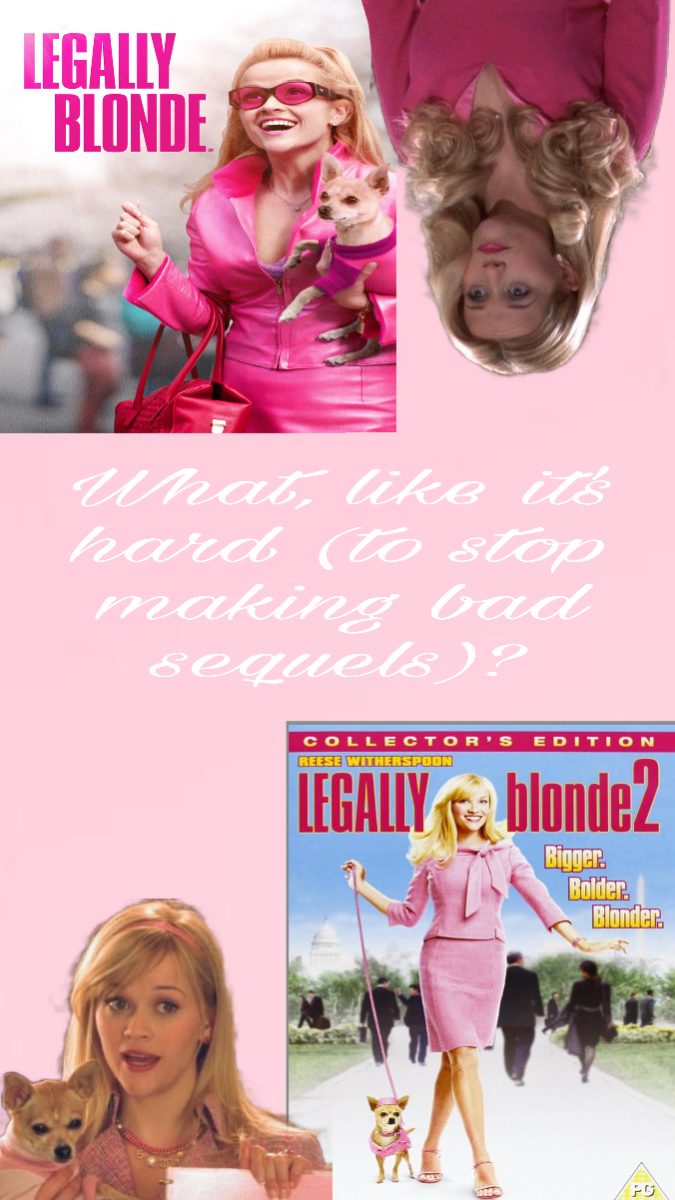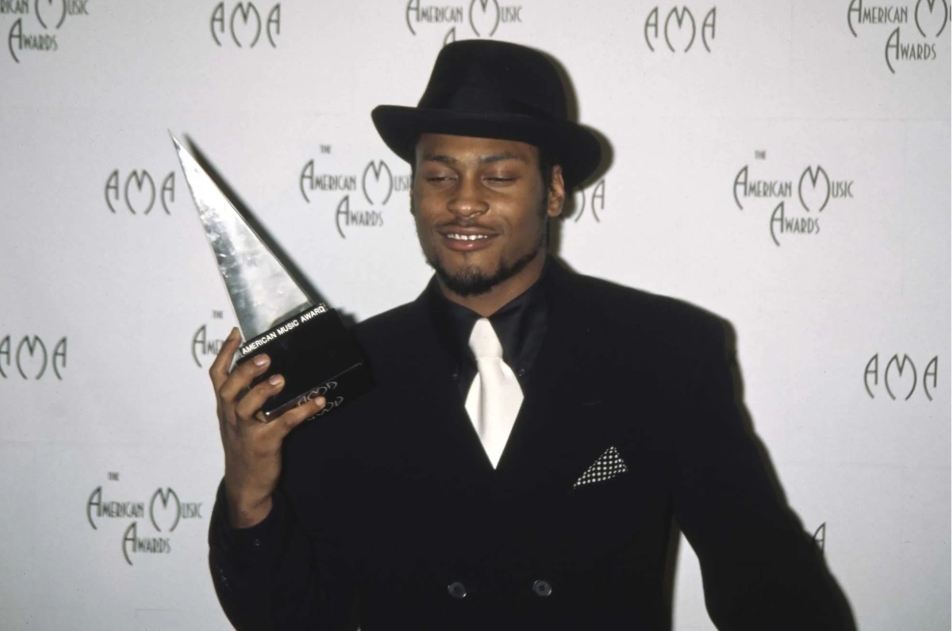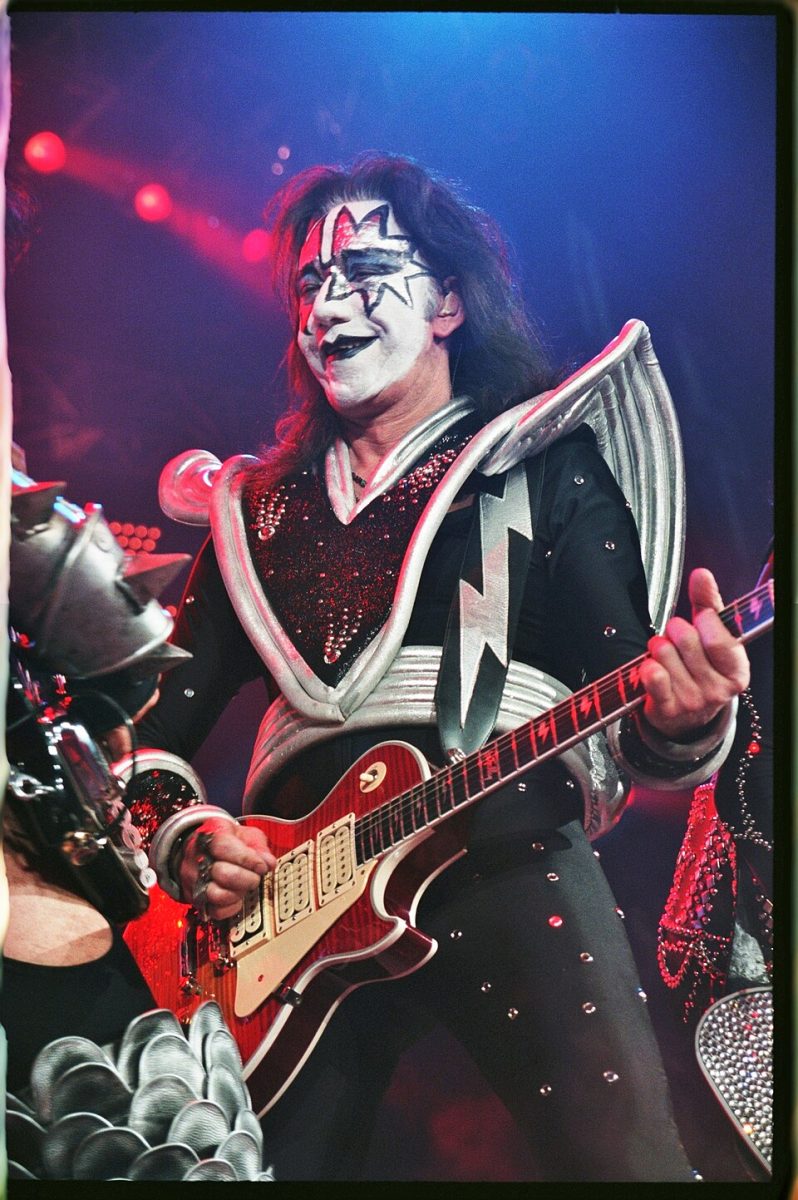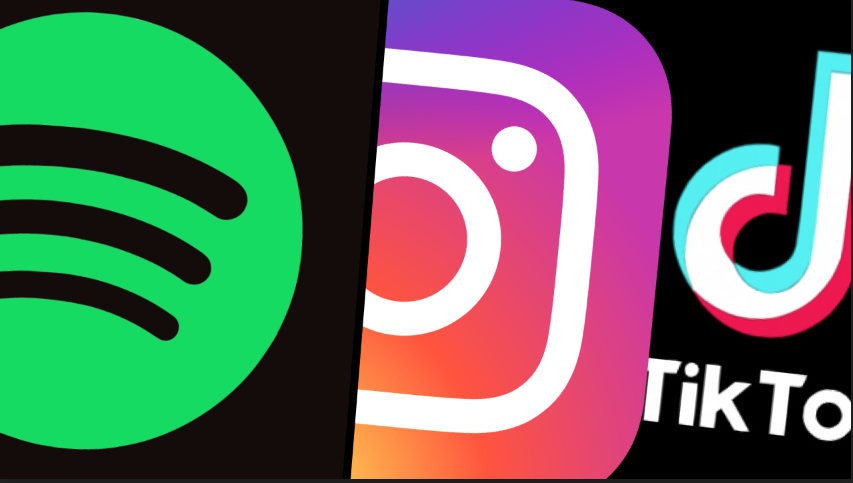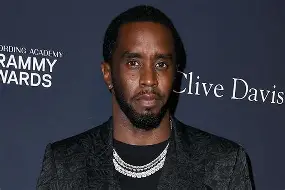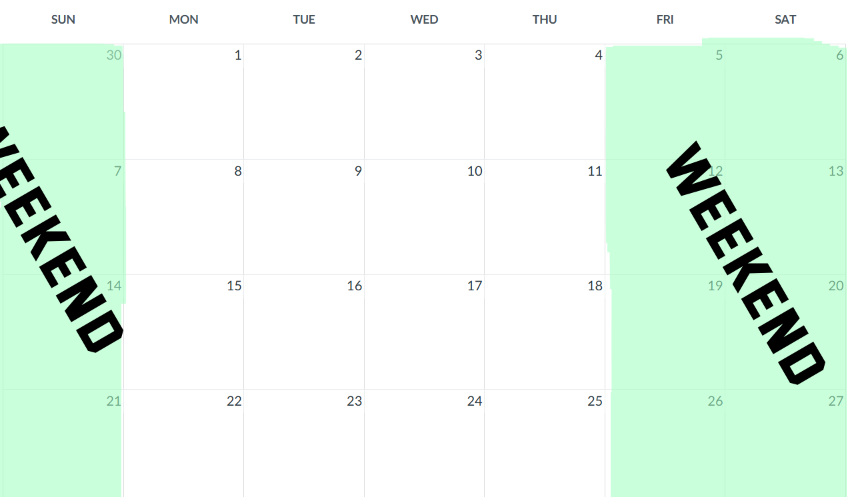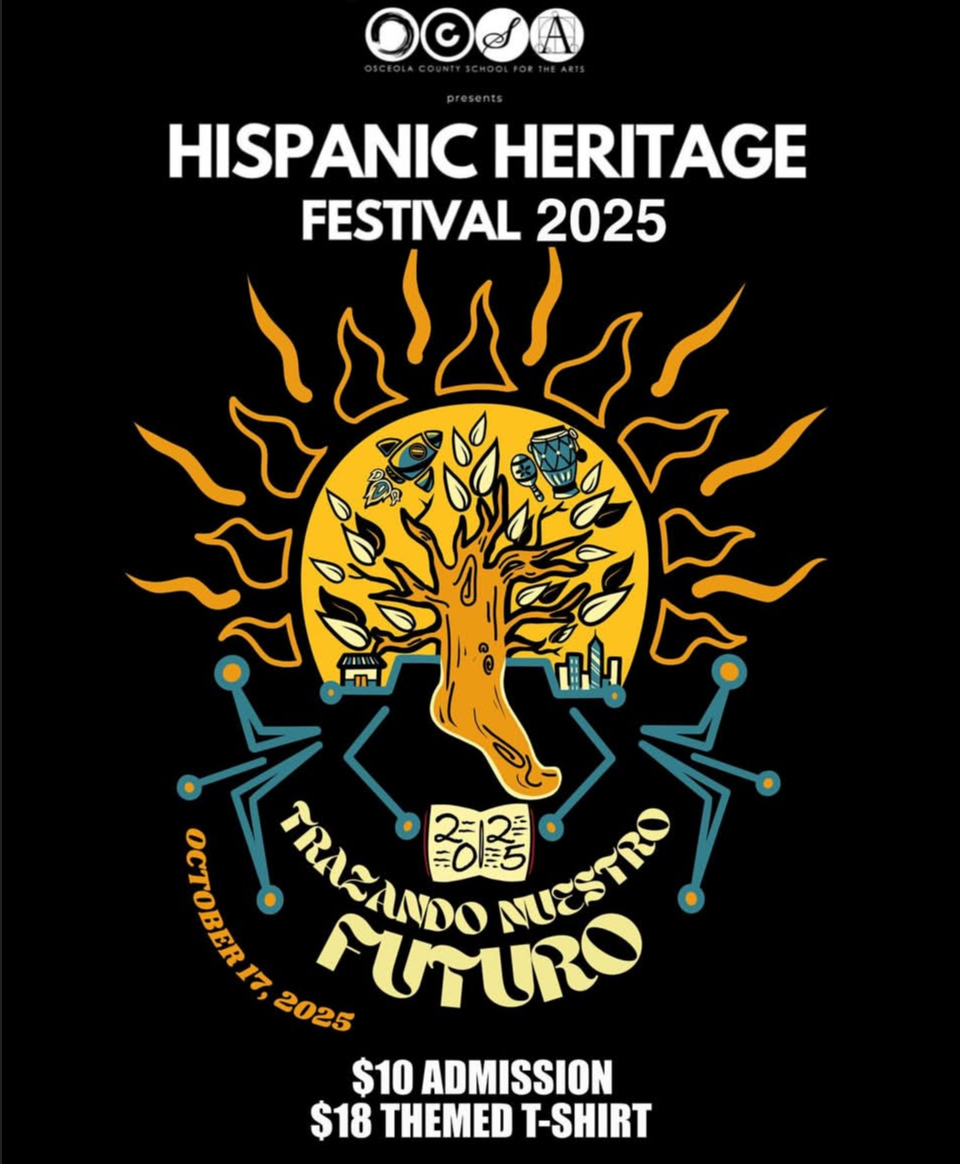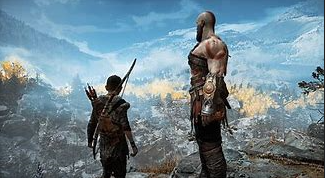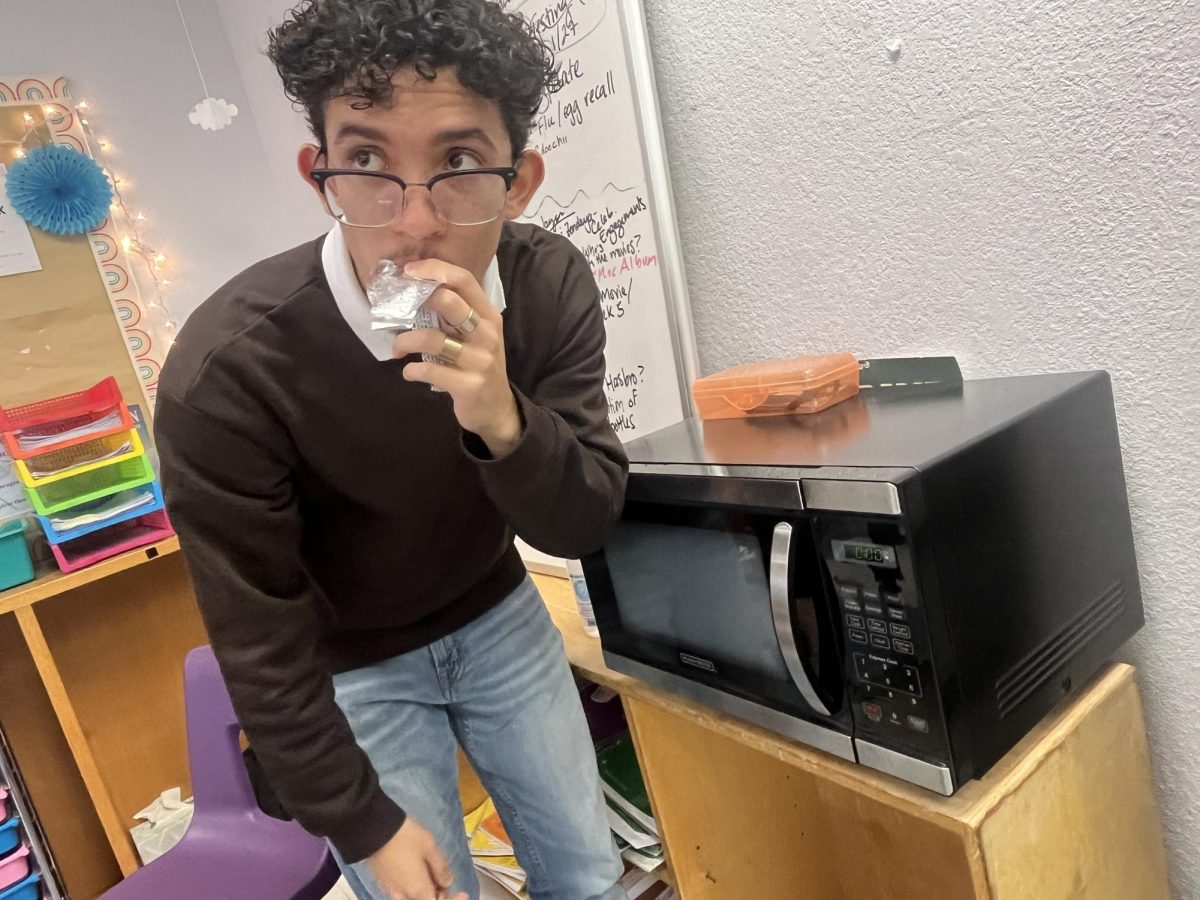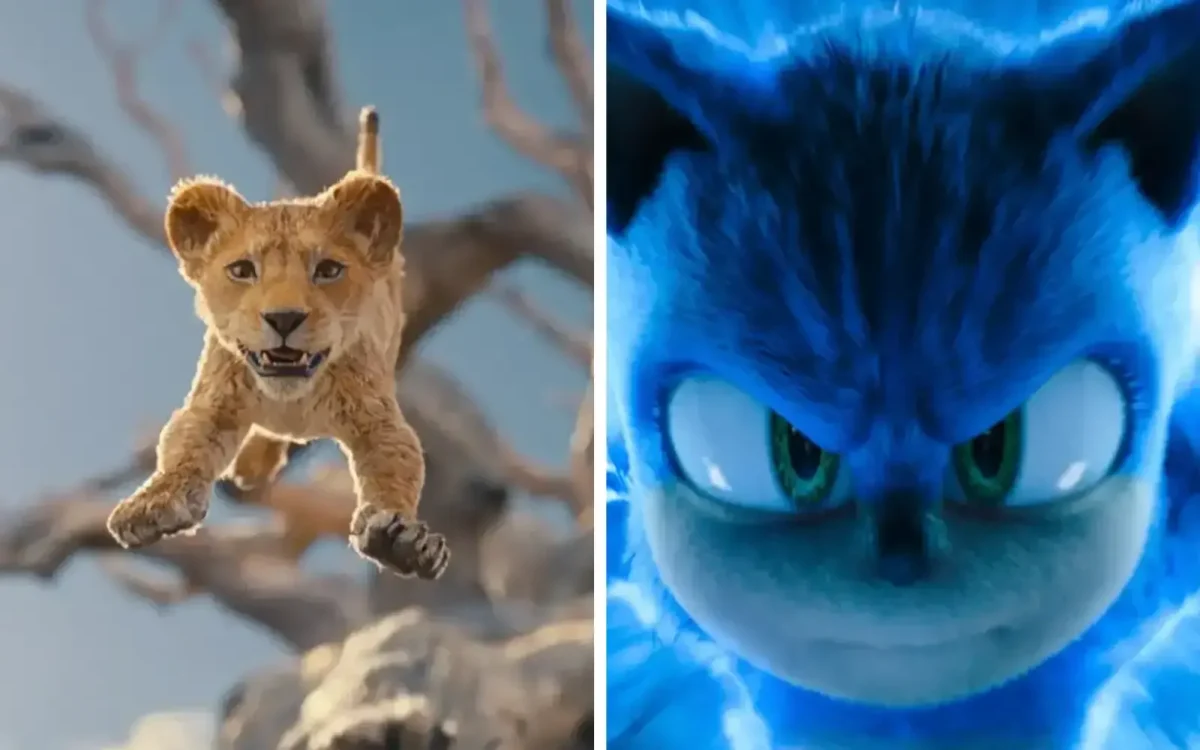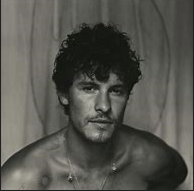Some films are meant to be stand-alone films, and that’s okay. In a world of trilogies and movie series, we’ve lost the art of a good stand-alone film. In every genre, there is a movie with an unnecessary sequel. Zoolander, Legally Blonde, Grease, Enchanted, Scream. The list goes on for miles. Still, there is a question that lingers in my mind. What makes a good stand-alone movie?
There are plenty of movies that are perfect by themselves. 10 Things I Hate About You, Ferris Bueller’s Day Off, Groundhog Day, Howl’s Moving Castle, American Psycho, El Dorado, Singin in the Rain; all of these movies are perfect examples of movies that do not need a sequel. All good movies follow the basic beginning, middle, and end. But they also follow the basic principles of hitting the marks. The best series’ find way to consistently hit the marks in every single film. What are these “marks” I’m referring to? Well-developed plot lines, consistent themes, relatable characters, and just the right amount of “je ne sais quoi.”
An excellent example of a perfect series is the Guardians of the Galaxy Trilogy. Every movie has their own plots, while also referencing back to why they initially started to become the guardians in the first place. They manage to keep the same form of humor in each movie, without it becoming overused. The characters and the dynamics we see on screen are familiar but refreshing. Aside from the fact that a majority of the characters in the series are not human, you can see these familiar traits and behaviors that make you feel empathy for these characters as if they were human. This trilogy has everything that makes a movie series great, and although the Vol. 2 and Vol. 3 are excellent films, if they had never existed, Guardians of the Galaxy is fantastic by itself. You quickly learn about each of the characters and how they met each other, you learn the stress-inducing stakes, while also keeping a sense of light-heartedness with the humor and soundtrack. It’s truly a 10/10 film, even without its sequel movies.
Now that you know what makes a stand-alone film; what makes a terrible sequel? Let’s take Legally Blonde for example. The first movie follows President of the Delta Nu Sorority, Elle Woods, getting broken up with her long-term boyfriend, Warner Huntington III, after he said that she was “not serious.” He explains that if he wants to become a senator, he needs a Jackie and not a Marilyn. This prompts Elle to study to get into Harvard Law School, in hopes of winning Warner back. In her journey, she adjusts to life outside of LA, makes friends, overcome multiple obstacles, and in the end, becomes a better lawyer than Warner ever was.
Legally Blonde by itself has the perfect beginning, middle, and end. It has the humor, the stakes, the fashion, and it hits all the marks. Sadly, I cannot say the same about Legally Blonde 2: Red White & Blonde. In this film, Elle goes to the Washington, D.C., in order to advocate for animal rights. However, no politician wants to listen to her. To be honest, I didn’t really want to listen to her much in the film either. The story felt less character-driven, and more like Elle doing what she does because that’s what the script says. The movie heavily relies on skits and humor, even though the humor is very stale. It also doesn’t incorporate the supporting cast nearly as much, which is part of why the original film was so successful compared to the sequel.
In this day and age of cinema, hitting those marks is what makes or breaks a film. So, if you can’t hit those marks consistently, I am not going to watch the sequel. However, if you hit all those marks consistently numerous times in a row, get me my butter popcorn, a diet coke, and press play.

